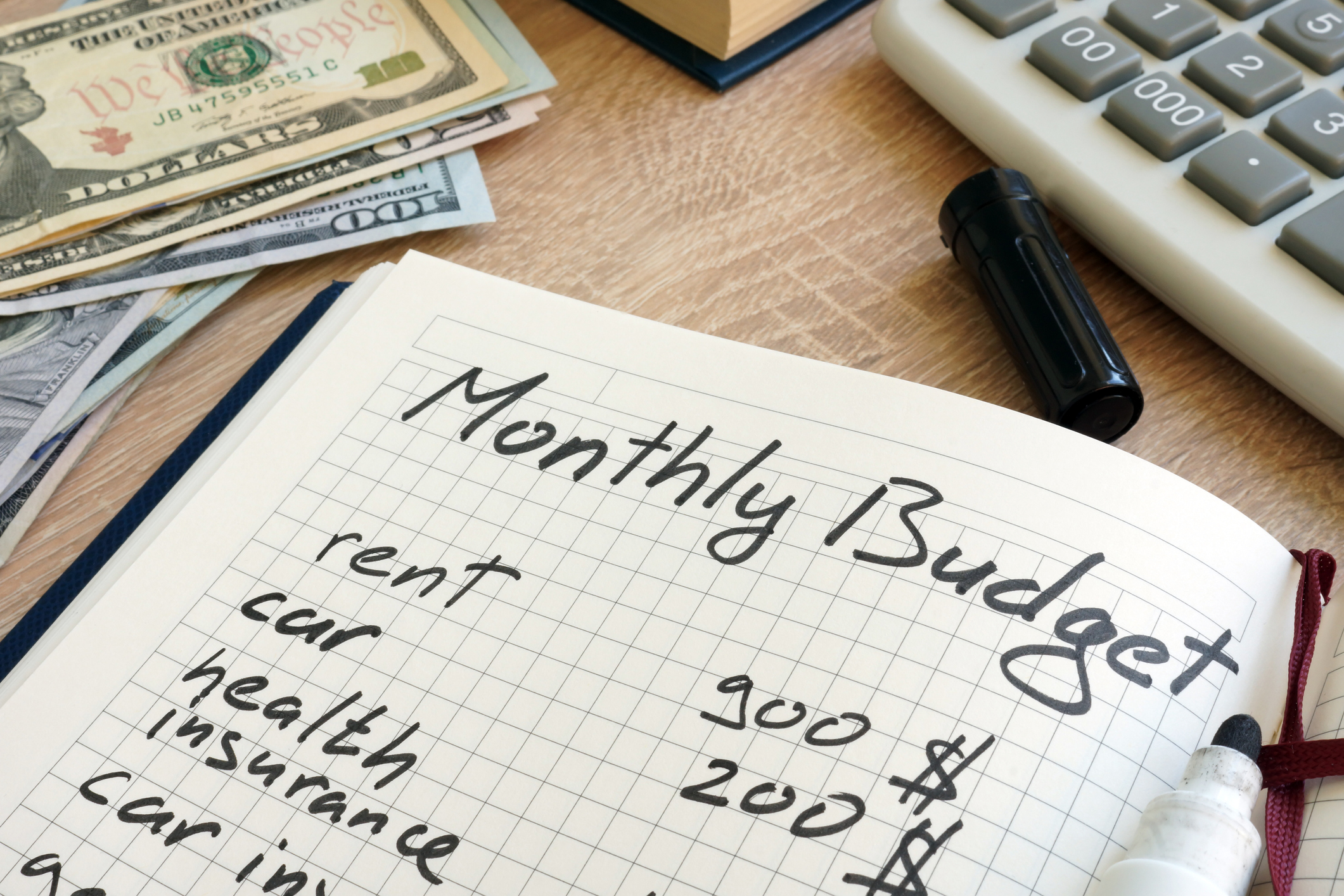
Buying a home is a wonderful part of the American dream. It is a major milestone for many people, and budgeting beforehand can help you accomplish it. By creating a financial plan, you can relieve additional stressors and allow for a smooth homebuying process. Here are some budgeting tips to help you move into your dream home.
Starting the process with a reasonable idea of what you want can establish a precedent for the rest of the experience. Consider the type of house you want and what specific features you want to incorporate. This will give you a clear picture of what you are working towards. Knowing your must-haves will allow you to budget them upfront, potentially reducing the temptation to add additional features later on.
Get to know your finances well before shopping for homes. Take a close look at your current financial situation including your income, expenses, and any outstanding debts. Understanding your financial position will help you determine how much you can afford to spend on a home. A popular rule of thumb is to calculate 28% of your gross monthly income. It is recommended that you do not spend more than that amount on your housing costs, although there is no definite rule.
Now let’s dive into the bulk of the process. Whether you already have a budget in place or this is your first time creating one, the final product will provide you with valuable information. Establish a detailed budget that includes all of your monthly expenses and how much you realistically save each month. This is a time to be honest with yourself about your spending habits and expenses. You may find it helpful to categorize your expenses into wants and needs. For example, classify vacations as wants and groceries as needs.
After making a detailed budget, if you are not satisfied with the numbers you see, take another look. You may discover some areas where you can reduce expenses while still maintaining a comfortable lifestyle. For some this may mean eating out less, shopping less, or making coffee at home. Another way to save money is by canceling any unused subscriptions, as they can slowly drain your funds without you even noticing.

Now that you have a clear understanding of your spending habits, you can create a revised budget with the goal of buying a home. If you are a first-time home buyer, you may encounter new expenses. It can be challenging to navigate and remember all the new costs. For that reason, here is a list of expenses to keep in mind.
The down payment is usually a percentage of the home’s purchase price, with 20% being a common requirement from lenders. Looking at the big picture, the more you can put down as a down payment, the fewer fees and interest you will have to pay in the long run. Saving up for this in advance is crucial because it can determine which homes you can afford.
Property taxes are an ongoing expense that every homeowner should be aware of. These taxes can vary widely depending on the location and the value of your home. Be sure to research the property tax rates in your desired area and factor them into your budget. However, some lenders may include this payment in your mortgage payment.
You just made a big purchase, so protecting your investment is essential. Homeowners insurance provides financial protection against disasters and covers the replacement cost of your home and its contents if they are damaged or lost.
The bulk of your monthly housing expenses will likely be allocated to the mortgage payment. Basically, your principal is the money that you are paying towards your mortgage and the interest is the cost that pays your lender back. Understanding how much each monthly payment goes toward the principal and the interest is necessary for budgeting effectively. If you are unsure about these numbers, there are online mortgage calculators that may help.
If your home is a part of a managed community, like some townhomes or a neighborhood with shared amenities, expect to pay HOA fees. These fees usually cover maintenance, landscaping, and amenities like pools and gyms.
The spending is not over just yet. When you finalize the purchase of your new home, you will incur closing costs, which encompass various fees such as appraisal fees, title insurance, and legal fees. Generally, closing costs sum up to 3%-6% of your total loan amount. It is important to have funds set aside to cover these expenses.
This is more of a common payment, so you may have already factored it into your budget. However, if you are moving from an apartment or a smaller place of residence, you may need to consider a change in utility bills. Living in a home will likely induce higher utility bills.
Lastly, remember that this is a long-term commitment. There are ongoing maintenance costs that come with homeownership. From landscaping and regular repairs to unexpected fixes, it is wise to have a financial cushion for these needs.

After discussing finances, be cautious not to become consumed by dollar signs. It is important to select a home that fits within your budget and enables you to live comfortably. Your dream home should provide opportunities for a fulfilling life beyond its walls. That being said, remember to set aside some extra money for yourself to enjoy.
Buying a home is a significant step with many pieces to the puzzle. However, breaking it down into smaller, manageable pieces makes the process easier and more enjoyable. By taking into account all the expenses mentioned above, you can create a realistic, well-informed budget that will set you up for success as a homeowner. Happy house hunting!